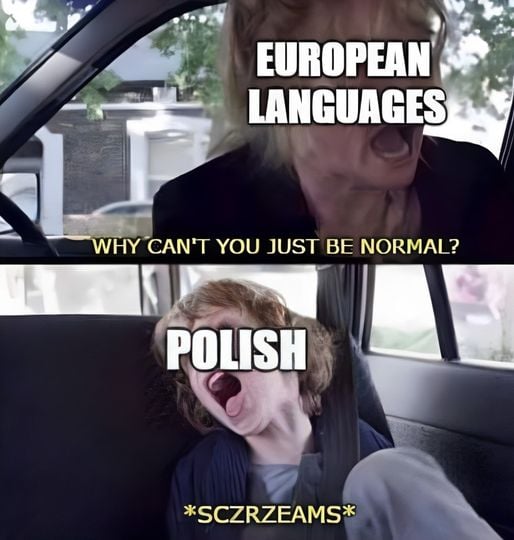this post was submitted on 24 Oct 2024
986 points (98.4% liked)
memes
11975 readers
2041 users here now
Community rules
1. Be civil
No trolling, bigotry or other insulting / annoying behaviour
2. No politics
This is non-politics community. For political memes please go to [email protected]
3. No recent reposts
Check for reposts when posting a meme, you can only repost after 1 month
4. No bots
No bots without the express approval of the mods or the admins
5. No Spam/Ads
No advertisements or spam. This is an instance rule and the only way to live.
A collection of some classic Lemmy memes for your enjoyment
Sister communities
- [email protected] : Star Trek memes, chat and shitposts
- [email protected] : Lemmy Shitposts, anything and everything goes.
- [email protected] : Linux themed memes
- [email protected] : for those who love comic stories.
founded 2 years ago
MODERATORS
you are viewing a single comment's thread
view the rest of the comments
view the rest of the comments

It's not just numbers. Almost all verbs are like that.
Say "jumping" - skakać
I am jumping - skaczę I was jumping (male) - skakałem I was jumping (female) - skakałam you are jumping (singular) - skaczesz you were jumping (singular male) - skakałeś you were jumping (singular female) - skakałaś you are jumping (plural) - skaczecie you were jumping (plural male) - skakaliście you were jumping (plural female) - skakałyście they are jumping - skaczą they were jumping (male) - skakali they were jumping (female) - skakały
And so on and so on. You have no chance of remembering all of that - you either learn the rules and how to apply them, or you fail at polish language
At least these all have the same radical. Here's the different radicals you can use in French for the verb "be":
The only common point between some of those is the letter "S", which is not even part of the infinitive.
(Not all tenses are represented because at least they share the radical with that list, but like Polish we have a bunch of tenses and the verb changes with plurality and pronoun).
Anyway I don't fucking know why everyone glamorizes French because as a native speaker please do not attempt to learn it, you will just hurt yourself.
The verb "be" (in Spanish we have two of them btw, apparently it's confusing as hell for foreigners details at the bottom) it's usually very irregular in a ton of languages. I suppose because it's one of the prime verbs and thus usage brings change.
("To be in a a place" -> «estar», "To be something" -> «ser»).
Also, French (while having picky pronunciation rules I don't think it's that bad. Sure it sounds as if you were nasally congested but I like it. (Learned a bit in high school). As alsmot any other language I consider it to be better than the phonetical mess that it's English.
Bro, why can't you have some fucking sense??
I should have picked philosophy and linguistics instead of CS.
((This coment is a mess and I don't have the energy to improve it, sorry))
Generally French speakers don't consider English to be phonetically messy. Because when you pronounce every word with the thickest French accent known to man without any regard for correctness, suddenly the phonology becomes quite regular! (Side-effect being that native English speakers may not understand what the fuck a French speaker is saying, but that's never stopped French speakers who famously disregard the English's opinion on... well everything)
What's really annoying about French besides the needlessly complicated tenses is that it had a bunch of already archaic orthographic and grammatical rules 300 years ago or so, and at that point the aristocracy decided to freeze it in place. I won't get on another rant about the Académie française but if a French word has an overly complicated spelling given its pronunciation, it's these guys' fault who have refused to enact any real reform since the early 1800s despite calls for it since at least the 1700s. Despite it supposedly being their jobs.
Doesn't all of these additionally change depending on the casus?
Note: They have seven of them. SEVEN.
You mean declension - yeah, there are seven. For every single noun.
Oh, yeah, you're right. It just tempus and stuff. For example:
skaczę. Przeskakuję. Odskakuję. Podskakuję. Przeskoczyłem. Odskoczyłem. Podskoczyłem.
Thank you for the hint, though.
A notch worse than German - that's actually impressive. German only distinguish between genders for (pro)nouns.